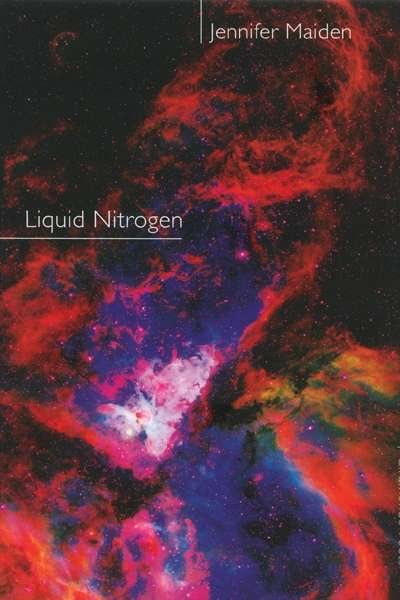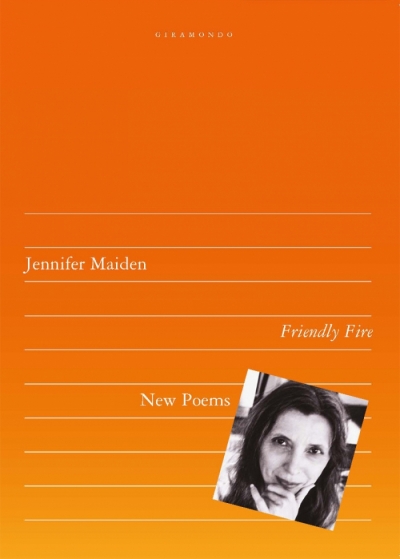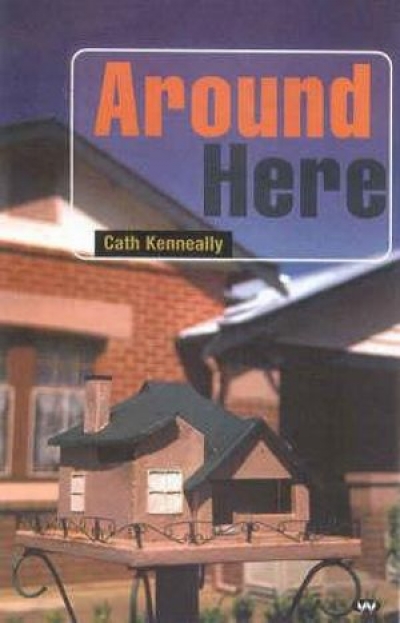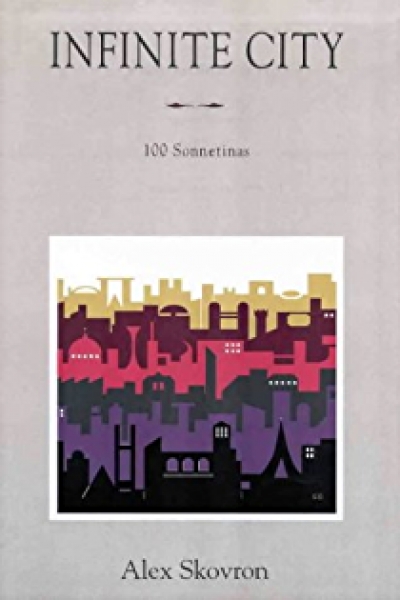Jennifer Maiden
Years ago when John Forbes praised
my later work, he said my Problem
of Evil was influenced by Tranter’s
Red Movie, and being younger and furiouser,
I rang Forbes and explained P. of E.
Emboldened by sharing, briefly, the same
publisher as Frieda Hughes, I looked up
an article on her latest collection, found
a photo of her living room, which seemed
'Diary Poem: Uses of Liquid Nitrogen', a new poem by Jennifer Maiden.
... (read more)Dietrich Bonhoeffer woke up in a plane
to Australia, next to Kevin Rudd, who flew
from India, still astounded that Julia
Gillard was selling it uranium
Infinite City by Alex Skovron & Aerial Photography by Joanne Burns
by Jennifer Maiden •





